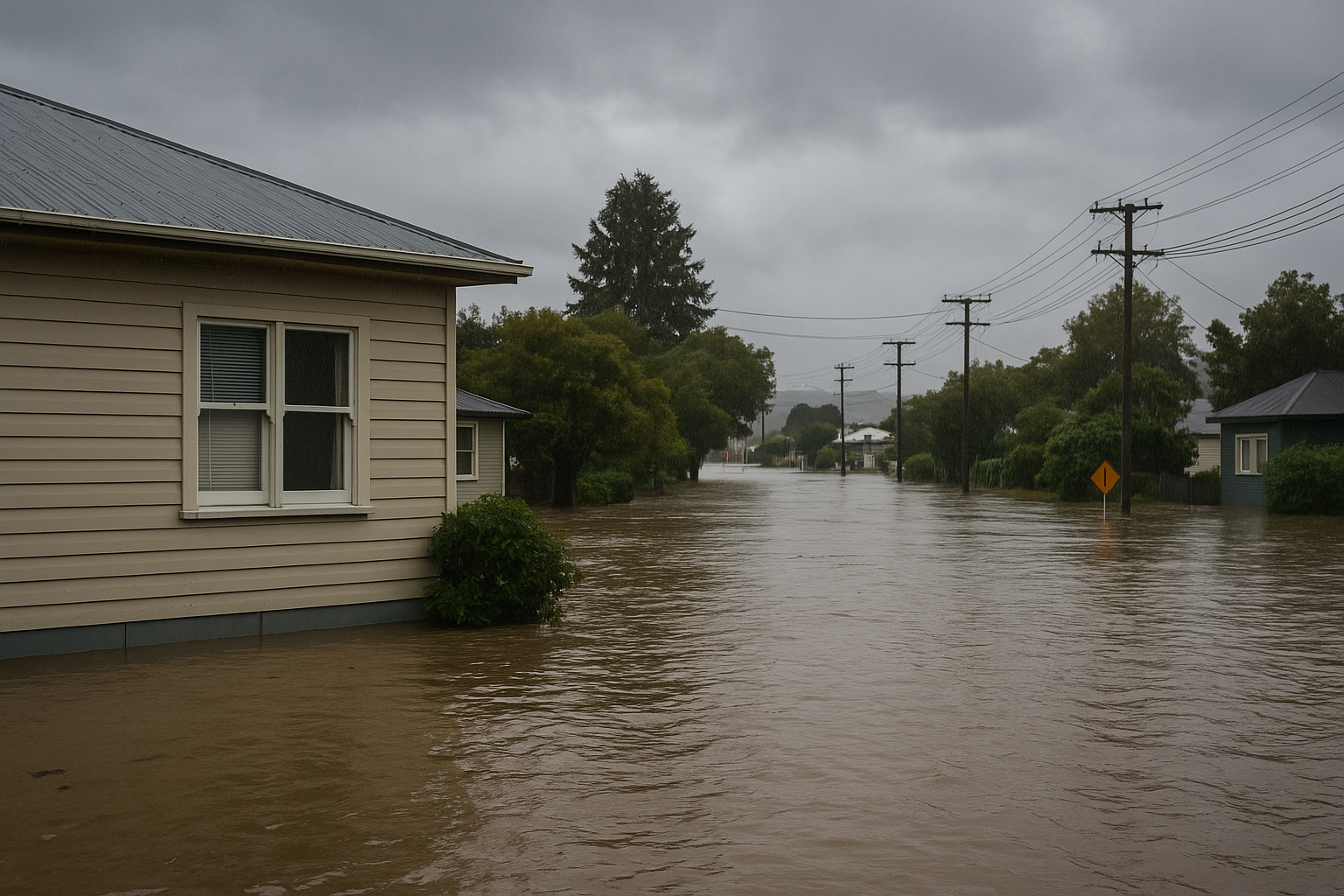EU and IRC Conclude Flood Preparedness Project Protecting 52,000 in Nigeria
Nigeria has witnessed increasingly destructive floods in recent years. In 2024, catastrophic flooding displaced thousands, disrupted food supplies, and fueled cholera outbreaks.

The International Rescue Committee (IRC), in partnership with the European Union (EU), has concluded a pioneering disaster preparedness project in Adamawa State, northeast Nigeria, aimed at protecting vulnerable communities from the escalating threat of urban flooding. The initiative comes at a critical time when climate change is intensifying disasters worldwide, disproportionately affecting fragile states already grappling with conflict and displacement.
Rising Flood Risks in Nigeria
Nigeria has witnessed increasingly destructive floods in recent years. In 2024, catastrophic flooding displaced thousands, disrupted food supplies, and fueled cholera outbreaks. Just last month, devastating flash floods in Niger State claimed more than 150 lives, underscoring the deadly combination of climate extremes, weak infrastructure, and limited preparedness in many communities.
Adamawa State, like much of northeast Nigeria, faces overlapping crises: insurgency-driven displacement, humanitarian needs, and worsening climate shocks. Informal urban settlements are especially at risk, with limited drainage, poor housing, and scarce access to emergency services. Against this backdrop, the IRC-EU partnership sought to break the cycle of recurring losses by prioritising anticipatory action—acting before disasters strike.
Community-Led Preparedness
The project centred on empowering residents to identify risks, plan ahead, and respond rapidly to flood warnings. Key interventions included:
-
Early-warning systems: Community-based alerts linked to hydrological and meteorological data, enabling timely evacuation and protective measures.
-
Inclusive planning tools: Ensuring women, youth, people with disabilities, and displaced populations actively shaped local disaster strategies.
-
Preparedness protocols: Localised plans for evacuation, emergency relief distribution, and health protection to minimise post-flood outbreaks.
-
Capacity-building: Training community organisations and local authorities to integrate climate resilience into everyday governance.
This participatory approach not only built technical resilience but also fostered ownership, ensuring sustainability beyond the project’s conclusion.
Impact and Reach
With over EUR 762,500 in EU funding, the project reached more than 52,000 residents across Adamawa State. It strengthened the capacity of local institutions, including the Nigeria Hydrological Services Agency (NiHSA), Nigeria Meteorological Agency (NiMET), the Upper Benue River Basin Development Authority (UBRBDA), and the Adamawa State Emergency Management Agency (ADSEMA).
These partnerships ensure that the early-warning and preparedness systems developed will continue functioning as part of state and national disaster response frameworks.
Building Resilience Amid Climate Change
Babatunde Ojei, IRC Nigeria Country Director, stressed the importance of early action in fragile settings:
“Investing in early action saves lives. This project has transformed how we respond to climate-driven disasters in fragile, urban settings. By putting communities at the centre—especially women and marginalised groups—we’ve helped lay the foundation for long-term resilience and local ownership.”
The project’s conclusion leaves behind trained local organisations, strengthened community structures, and a model of urban anticipatory action that could be replicated across Nigeria and the wider region.
The Broader Role of the IRC in Nigeria
The IRC has worked in Nigeria since 2012, beginning with emergency flood relief in Kogi State. Today, it employs more than 700 staff nationwide, delivering integrated services in health, education, economic recovery, protection, and climate resilience. Its long-term presence in the northeast positions it uniquely to address the compounded effects of conflict and climate change.
Call for Scaled-Up Action
While the Adamawa project has demonstrated the effectiveness of anticipatory action, the IRC and EU emphasise that much more needs to be done. Climate change is accelerating the frequency and severity of disasters, making it imperative that Nigeria scales up proactive risk reduction strategies.
Recommendations from the project include:
-
Integration into national strategies: Embedding anticipatory action into Nigeria’s disaster risk reduction and climate adaptation policies.
-
Predictable financing: Establishing sustainable funding streams for early action, reducing dependence on reactive humanitarian aid.
-
Nationwide scaling: Expanding community-led resilience programmes to cover flood-prone states beyond Adamawa.
A Model for the Future
As the programme concludes, its legacy is clear: acting early is not only cost-effective but lifesaving. The lessons from Adamawa offer a model for other Nigerian states and West African countries struggling with urban flooding.
By combining EU resources, IRC expertise, and community participation, the project has shown how fragile regions can chart a path towards resilience, restoring livelihoods, protecting dignity, and ultimately safeguarding lives in the face of climate change.
ALSO READ
UPDATE 1-Tariffs, climate change, smaller Brazil crop drive coffee prices up, ICO says
Controversy Over Trump Administration's Climate Change Proposal
Tariffs, climate change, smaller Brazil crop drive coffee prices up, ICO says
Wildfire Crisis: Human Exposure Soars Amid Climate Change Threats
Putting water management at the centre of the climate change fight










